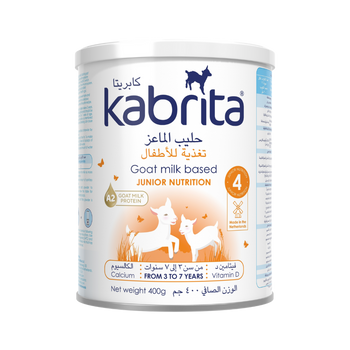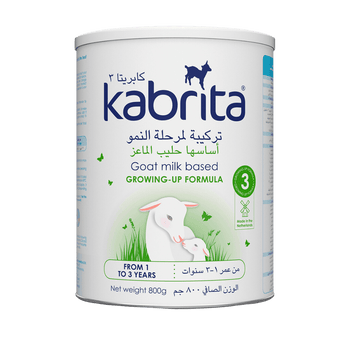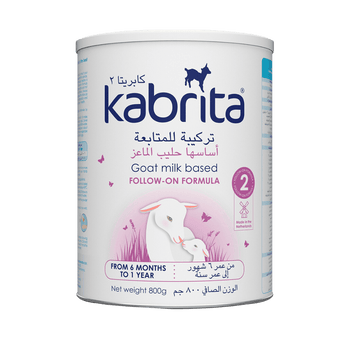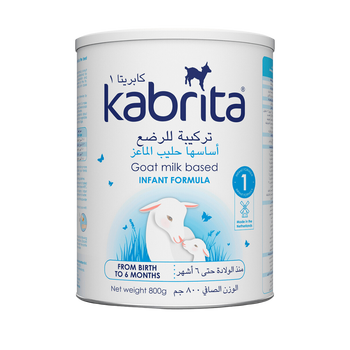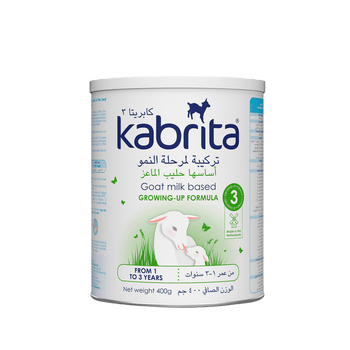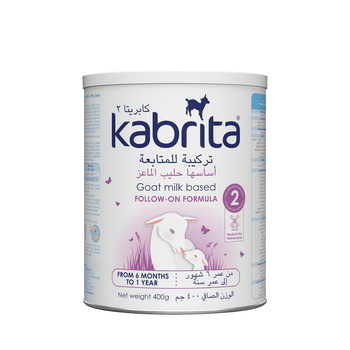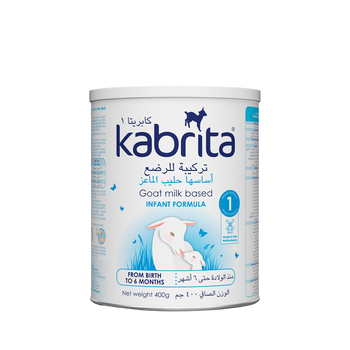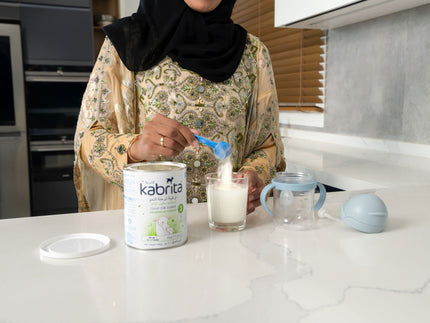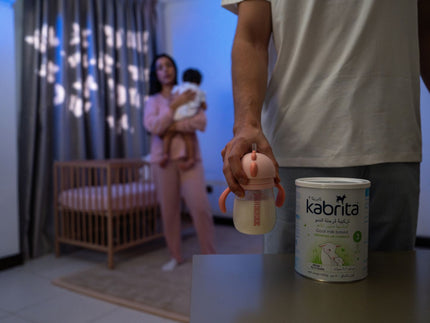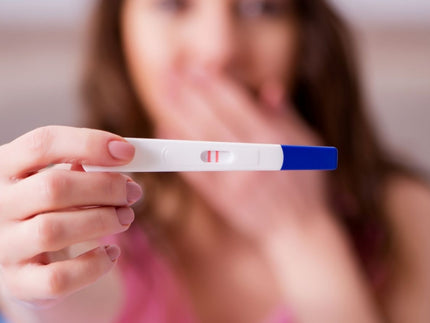Postpartum Self-Care: All You Need to Know
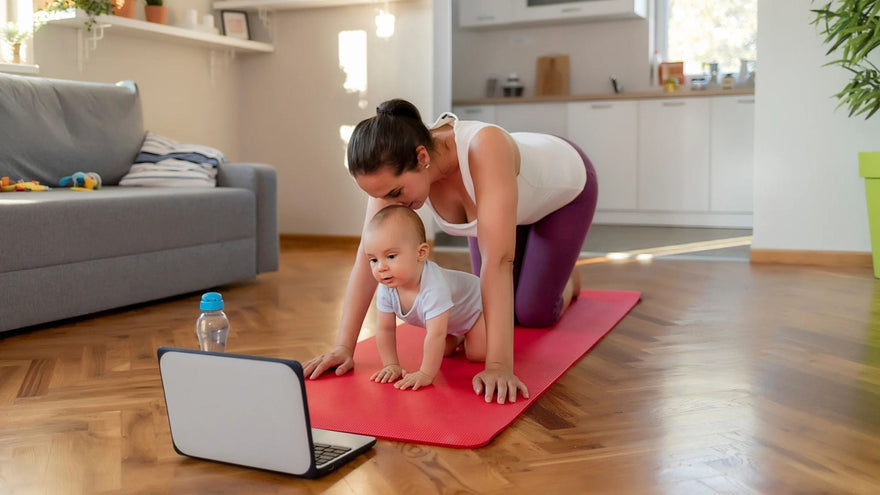
You have just welcomed a precious new life into the world, and you are filled with joy and wonder. You have accomplished an incredible feat, and you should be proud of yourself. But you should also be mindful of yourself, because the postpartum period is a time of transition and recovery. Your body and mind have gone through a lot, and they need your attention and care.
Postpartum self-care is not a luxury, it is a necessity. It is not selfish, it is essential. It is not something you do after everything else is done, it is something you do every day. As postpartum self-care, which is the period to revitalize and heal post-pregnancy, becomes increasingly important, you have to prioritize your physical, emotional, and mental health during this transformative period. It is the way you show yourself love and respect, and the way you replenish your energy and strength.
By nourishing your own needs and rejuvenating your spirit, you can better navigate the beautiful yet demanding path of motherhood, ensuring that you can give your best to your baby while maintaining your own sense of self.
In this guide, we will explore the importance of postpartum self-care, offer practical tips and insights, and empower you to make self-care an integral part of your journey as a new mother.
Understanding Postpartum Period
In the context of what is postpartum, postpartum refers to the period immediately following childbirth, encompassing the weeks and months during which your body undergoes remarkable changes as it recovers from the physical and emotional exertions of pregnancy and childbirth. While the duration of the postpartum period can vary from woman to woman, it typically lasts around six weeks.
During this transformative time, it's natural to encounter a range of physical and emotional adjustments. On the physical front, you may experience sensations such as vaginal soreness, breast engorgement, perineal pain (if you had a vaginal delivery), and fatigue. Your body is healing and readjusting to its pre-pregnancy state, which requires patience and self-care.
In addition to physical changes, the postpartum period can also bring about various emotional and psychological challenges. Hormonal fluctuations, such as changes in oestrogen and progesterone levels, can contribute to mood swings, tearfulness, and feelings of vulnerability. It's common to experience the "baby blues," a transient phase characterised by mood changes and emotional sensitivity. However, for some women, these emotions may become critical leading to other mental health concerns. It's crucial to be aware of these possibilities and seek support if needed.
Physical Self-Care

Physical self-care during the postpartum period plays a vital role in supporting your overall well-being and recovery. Taking care of your physical health allows you to regain strength, energy, and confidence as you embrace your new role as a mother. Here, we'll explore the importance of physical self-care and provide practical tips on how to practise it.
- Rest and Sleep: Adequate rest and sleep are crucial for your body's healing process. Adjusting to the demands of caring for a newborn can be exhausting, so prioritise rest whenever possible. Nap when your baby sleeps, and ask for help from your partner, family, or friends to ensure you get enough sleep at night.
- Balanced Nutrition: Nourishing your body with healthy and balanced meals is essential for postpartum recovery. Focus on consuming nutrient-dense foods, such as fruits, vegetables, lean proteins, and whole grains. Stay hydrated by drinking plenty of water. Consider meal prepping or accepting meal deliveries to simplify your mealtime routine.
- Gentle Exercise: Engaging in gentle exercises, as approved by your healthcare provider, can help improve your physical strength and stamina. Start with light activities like walking or gentle stretching and gradually increase intensity as your body heals. Exercise can also boost your mood and relieve stress for postpartum body care.
- Pelvic Floor Exercises: Strengthening your pelvic floor muscles is essential after childbirth. Pelvic floor exercises, such as Kegels, help restore muscle tone and prevent urinary incontinence. Consult with your healthcare provider to learn the proper technique and frequency of these exercises.
- Pain Management: If you experience pain or discomfort, consult your healthcare provider for appropriate pain management strategies. They may recommend over-the-counter pain relievers or prescribe medication to alleviate any lingering postpartum discomfort.
- Prioritise Personal Hygiene: Maintaining good personal hygiene not only promotes physical well-being but also contributes to your overall self-confidence. Take regular showers, change sanitary pads frequently, and practise proper wound care if you had a caesarean birth or perineal tears.
Emotional Self-Care
The postpartum period not only brings physical changes but also significant mental and emotional adjustments. Understanding the mental changes you may face, recognising potential challenges, and knowing when to seek medical help are crucial aspects of navigating the disorder such as:
- Hormonal Fluctuations: After childbirth, your hormone levels rapidly shift, which can contribute to mood swings, irritability, and feelings of emotional vulnerability. These fluctuations are a normal part of the postpartum period and are often referred to as the "baby blues." They typically subside within a couple of weeks.
- Postpartum Depression (PPD): Postpartum depression is a more severe and long-lasting form of emotional distress that affects some women after giving birth. Symptoms may include persistent feelings of sadness, hopelessness, loss of interest in activities, changes in appetite or sleep patterns, difficulty bonding with the baby, excessive guilt, or thoughts of self-harm. If you experience these symptoms for more than two weeks, it's crucial to seek medical help promptly.
- Postpartum Anxiety: Postpartum anxiety is another common mental health challenge, characterised by excessive worry, racing thoughts, restlessness, and difficulty sleeping. It can interfere with daily functioning and impact your overall well-being. Reach out to a healthcare professional if you suspect postpartum anxiety is affecting your daily life.

How to Practice Self-Care?
While we have gone through the logical tips of postpartum self-care, it is also just as important to cover the small therapeutic practices in life which are often overlooked for their simplicity and your busy schedule. These include:
- Connecting with Others: Social support is invaluable during the postpartum period. Reach out to other new mothers, join support groups, or connect with friends who have had similar experiences. Sharing your joys, concerns, and challenges with others who understand can provide comfort, guidance, and a sense of community.
It is good to note for extra vigilance that the postpartum period also brings significant changes to your lifestyle, relationships, and identity making interactions paramount. Adjusting to the demands of caring for a newborn while dealing with sleep deprivation and shifting priorities can be overwhelming. Many new mothers also experience a sense of identity loss or struggle with balancing their own needs with the needs of their baby.
- Undertake recreation and time-passers: Having a couple of hobbies can be a great way to distract from any lags which bother you during the day. Whether it's reading a book, taking a bath, listening to music, or engaging in a creative hobby, find moments to do things that nourish your soul and help you reconnect with yourself. It is also a good way to cope with postpartum swelling by, again, immersing yourself in the process while you keep your feet up.
When to Seek Help?
At times like these, it is integral to take a moment and listen to your inner voice in the context of the current state of things. If you find that you feel displaced or on the verge of mental or physical lapses, reprocess warning signals for your condition and seek help immediately. Do not hesitate to reach out to your healthcare provider if you feel overwhelmed, unable to care for yourself or your baby, or if your emotions interfere with your daily functioning or quality of life. They can provide guidance, support, and appropriate treatment options.
In conclusion, as you embark on your postpartum journey, remember that prioritising self-care is not only important but also necessary for your overall well-being. Taking care of yourself allows you to better care for your baby, while also fostering your own physical, emotional, and mental health. From prioritising rest and seeking support to nourishing your body and practising mindfulness, there are various ways to practise self-care.
Therefore, embrace the power of self-care as an integral part of your postpartum experience. Recognise the signs that may indicate a need for additional help and don't hesitate to reach out to healthcare professionals or support networks when necessary where there are thousands of mothers going through the same experience as you.
